With Storied Sniper School’s Future in Question, Marines Launch New Recon Sniper Course
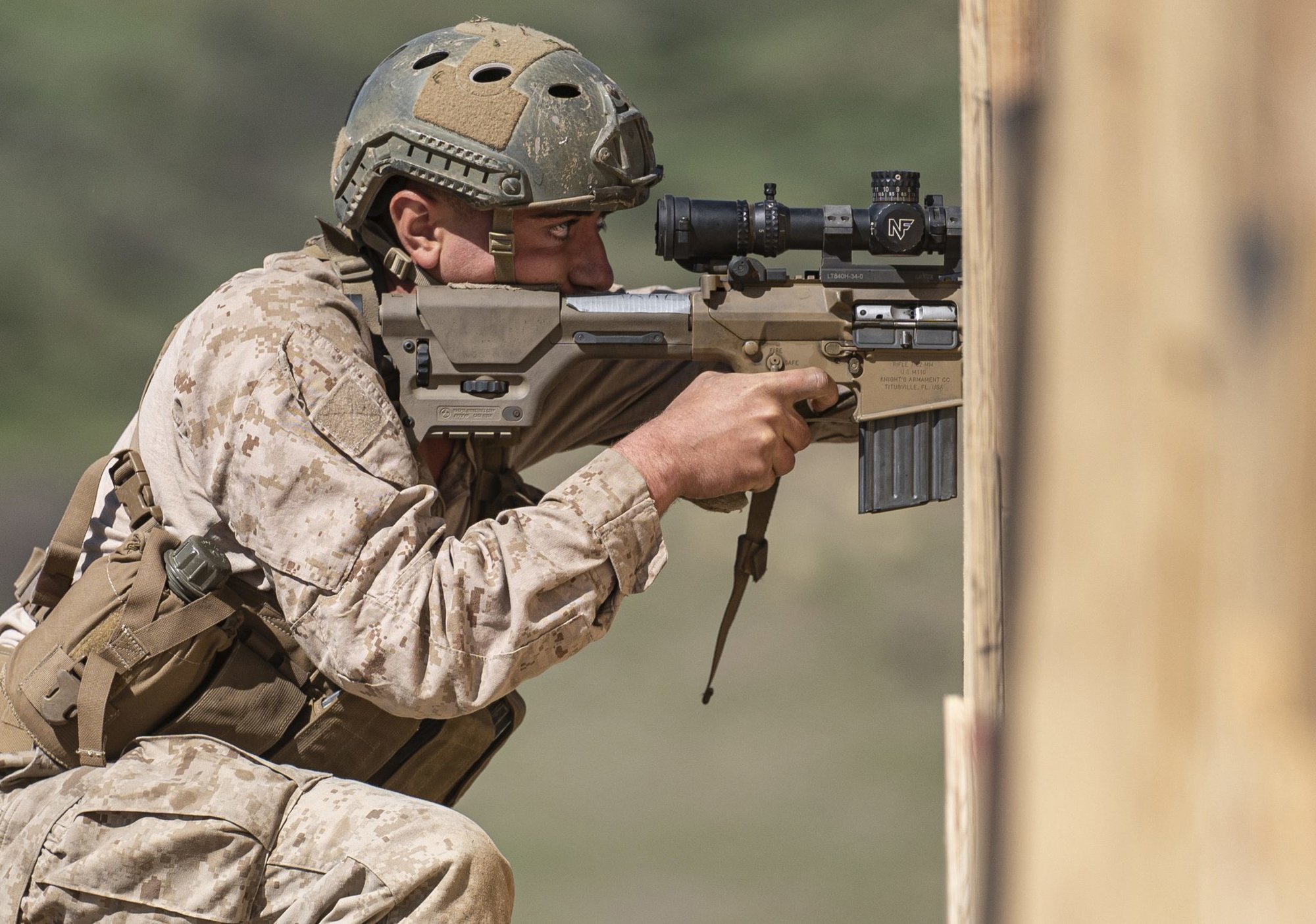
A Reconnaissance Sniper Course student engages targets with the M110 Semi-Automatic Sniper System (SASS) during marksmanship training on Camp Pendleton Feb. 25. Photo by Ethan E. Rocke/Coffee or Die Magazine.
Marines in the service’s elite Reconnaissance community have developed a new training course to develop snipers for the Corps’ Reconnaissance units, Coffee or Die Magazine has learned.
“Recon Marines understand the importance of being a sniper and having that capability within the teams,” said Gunnery Sgt. Malachi J. Even, staff noncommissioned officer in charge of the newly developed Reconnaissance Sniper Course. “With some of the changes happening in the Marine Corps, we decided it was necessary to build a new course tailored to our needs in the Recon community.”
Read Next: How PIGs Become HOGs — A Visual Journey in Marine Corps Scout Sniper Training
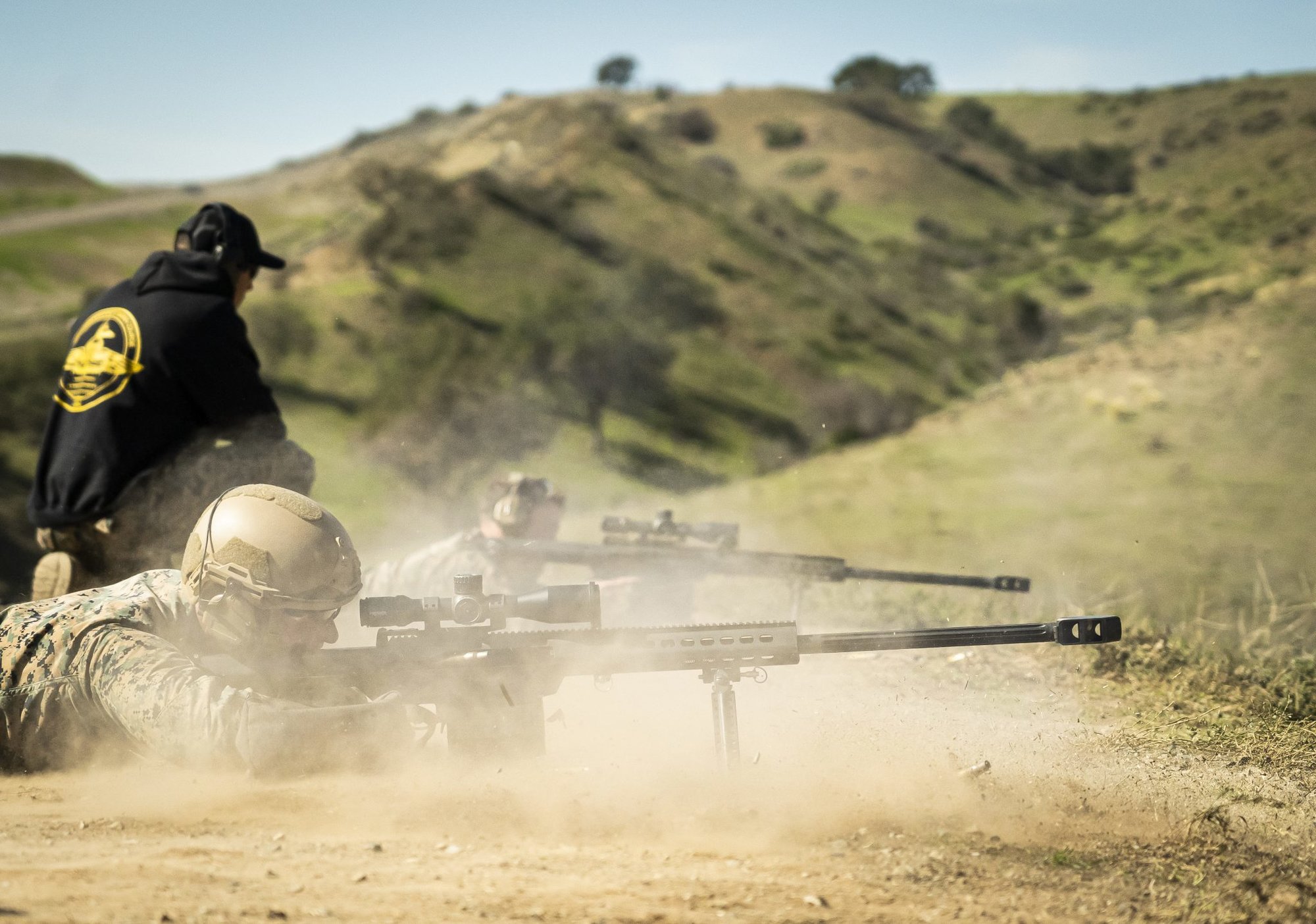
Multiple sources, who asked not to be identified, told Coffee or Die Marine officials are considering possibly reducing the number of Scout Sniper Basic Courses (SSBC) the service runs annually and consolidating the storied special tactics school at one or two locations.
For decades, the path to joining the Marines’ proud fraternity of Scout Snipers has gone through SSBC, and the Marines currently have three schoolhouses where they run the 11-week course: Camp Pendleton, California; Camp Lejeune, North Carolina; and Marine Corps Base Quantico, Virginia.
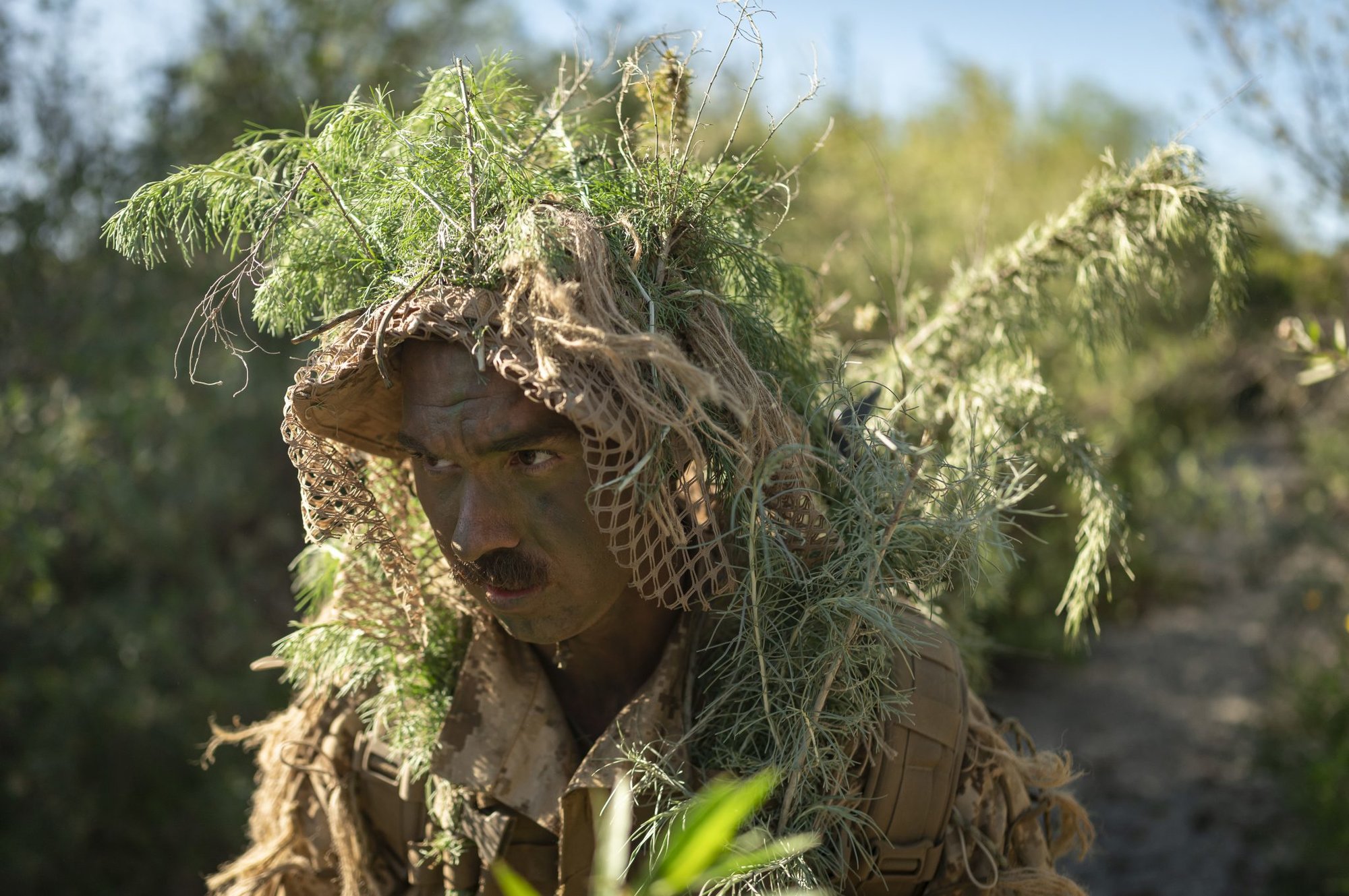
Capt. Samuel Stephenson, a spokesman for Marine Corps Training and Education Command (TECOM), told Coffee or Die that while “there is no current reduction of Scout Sniper course quotas, the Marine Corps is actively seeking solutions to better streamline the production of Scout Snipers and limit course attrition.”
In that spirit, Marine leaders at Camp Pendleton’s Reconnaissance Training Company (RTC), Advanced Infantry Training Battalion, developed the Reconnaissance Sniper Course (RSC), a nine-week course to train Reconnaissance Marines in the art of sniping.
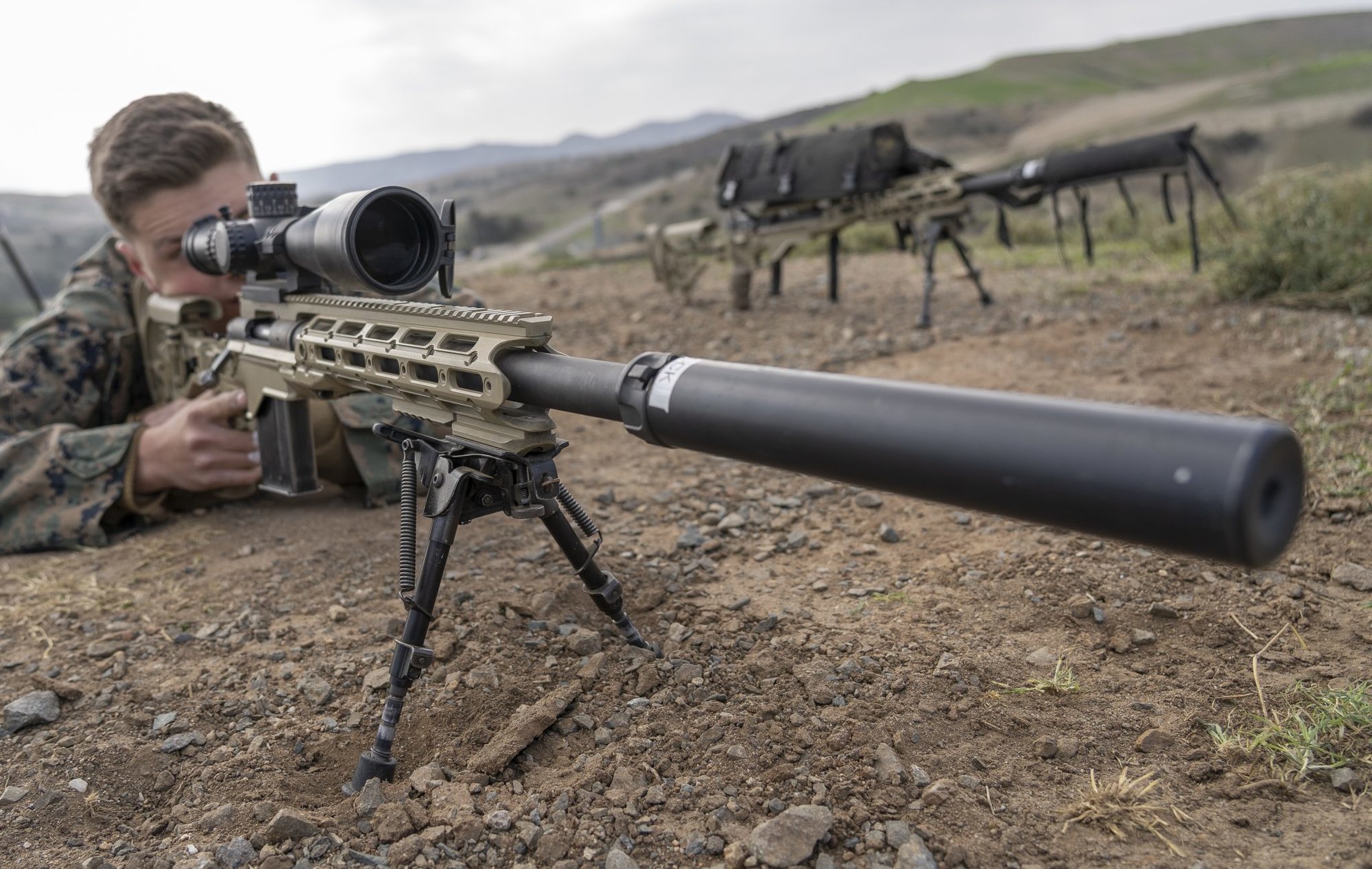
“Standing up our own course allows us to train up Recon snipers internally, and it allows the regular infantry to fill more seats in the legacy course,” RTC Commanding Officer Capt. Benjamin Lowring said.
RSC Chief Instructor Staff Sgt. Benjamin L. Morrow is one of the main architects of the new course, and he said training Recon Marines at RSC instead of SSBC eliminates about four weeks of training redundancy and allows students to spend more time shooting and familiarizing themselves with myriad weapons systems and more advanced sniper tactics.
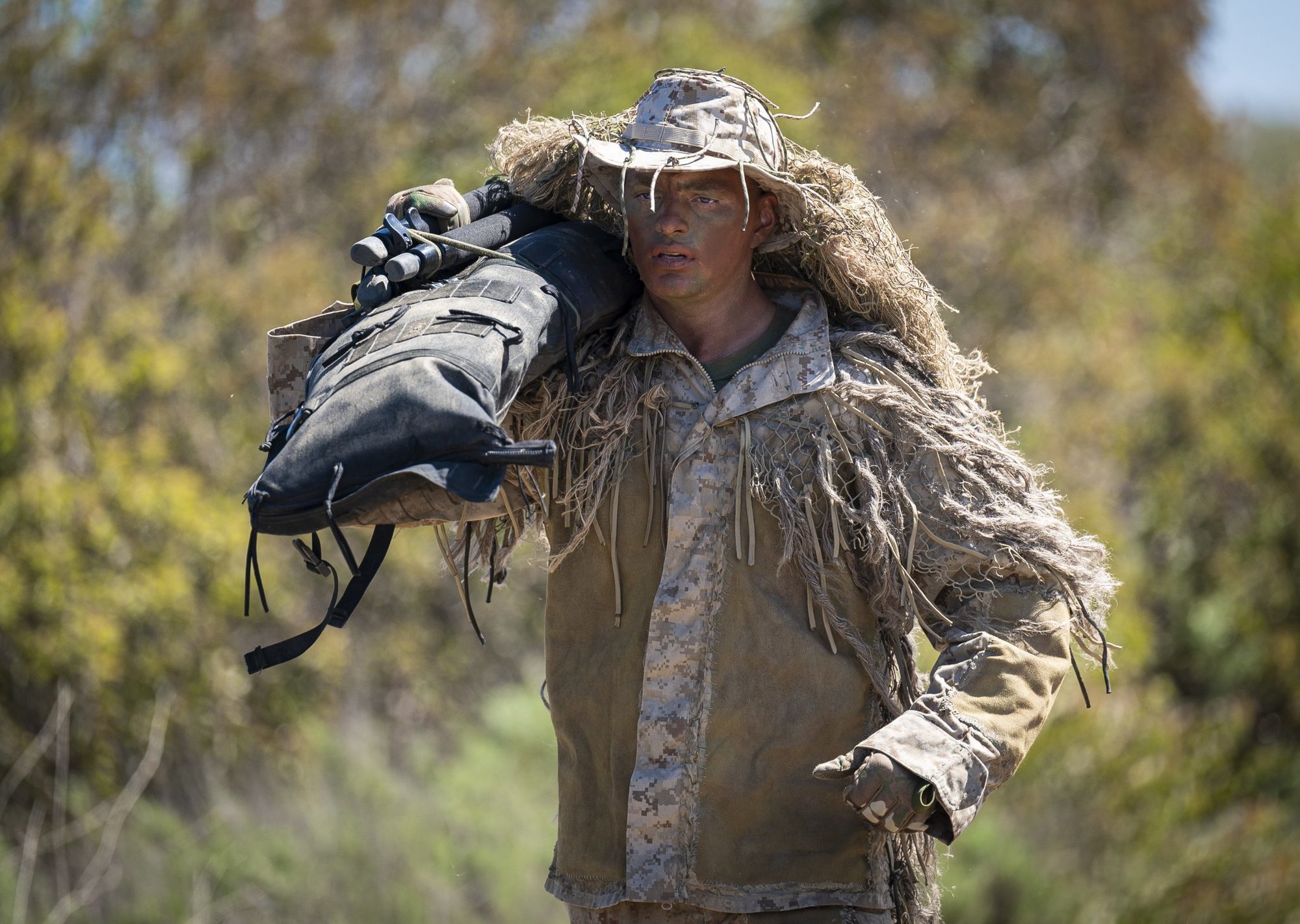
“When they attend the Basic Reconnaissance Course, our students learn and are evaluated on a lot of the skills that the Scout Sniper Basic Course teaches, such as land navigation, call for fire and communications,” Morrow said. “They also gain proficiency in those tasks in their teams at a Reconnaissance Battalion.”
Though not officially designated as members of a special operations force, Reconnaissance Marines undergo extensive special tactics training and maintain capabilities similar to that of Navy SEALs, Army Special Forces, and Rangers. By the time they undergo sniper training, most Recon Marines will have completed the five-week Reconnaissance Training and Assessment Program; the 14-week Basic Reconnaissance Course; Army Airborne School; the Marine Corps Combatant Diver Course; Survival, Evasion, Resistance and Escape School; and Military Free Fall School.
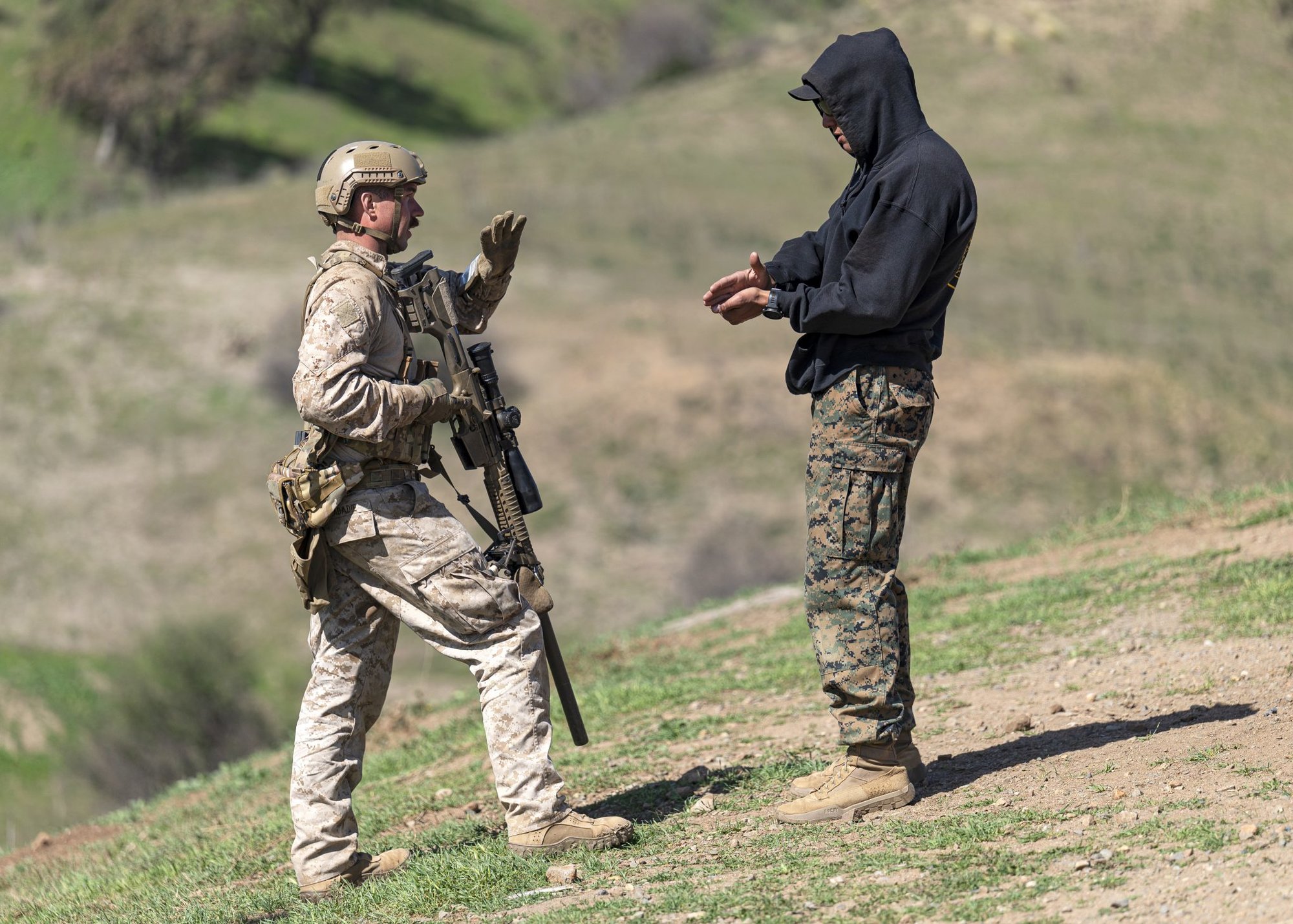
The Marines have three active-duty Recon Battalions: the Camp Pendleton-based 1st Recon Battalion, 2nd Recon Battalion on Camp Lejeune, and 3rd Recon Battalion in Okinawa, Japan. The 4th Recon Battalion is a Marine reserve unit.
The first six weeks of RSC focus heavily on marksmanship training, and students are evaluated on known- and unknown-distance shooting — day and night firing — with four weapon systems: the M40A6 sniper rifle, the Mk13 Mod 7 Sniper Rifle, the M110 Semi-Automatic Sniper System (SASS), and the .50-caliber M107 Special Application Scoped Rifle (SASR).
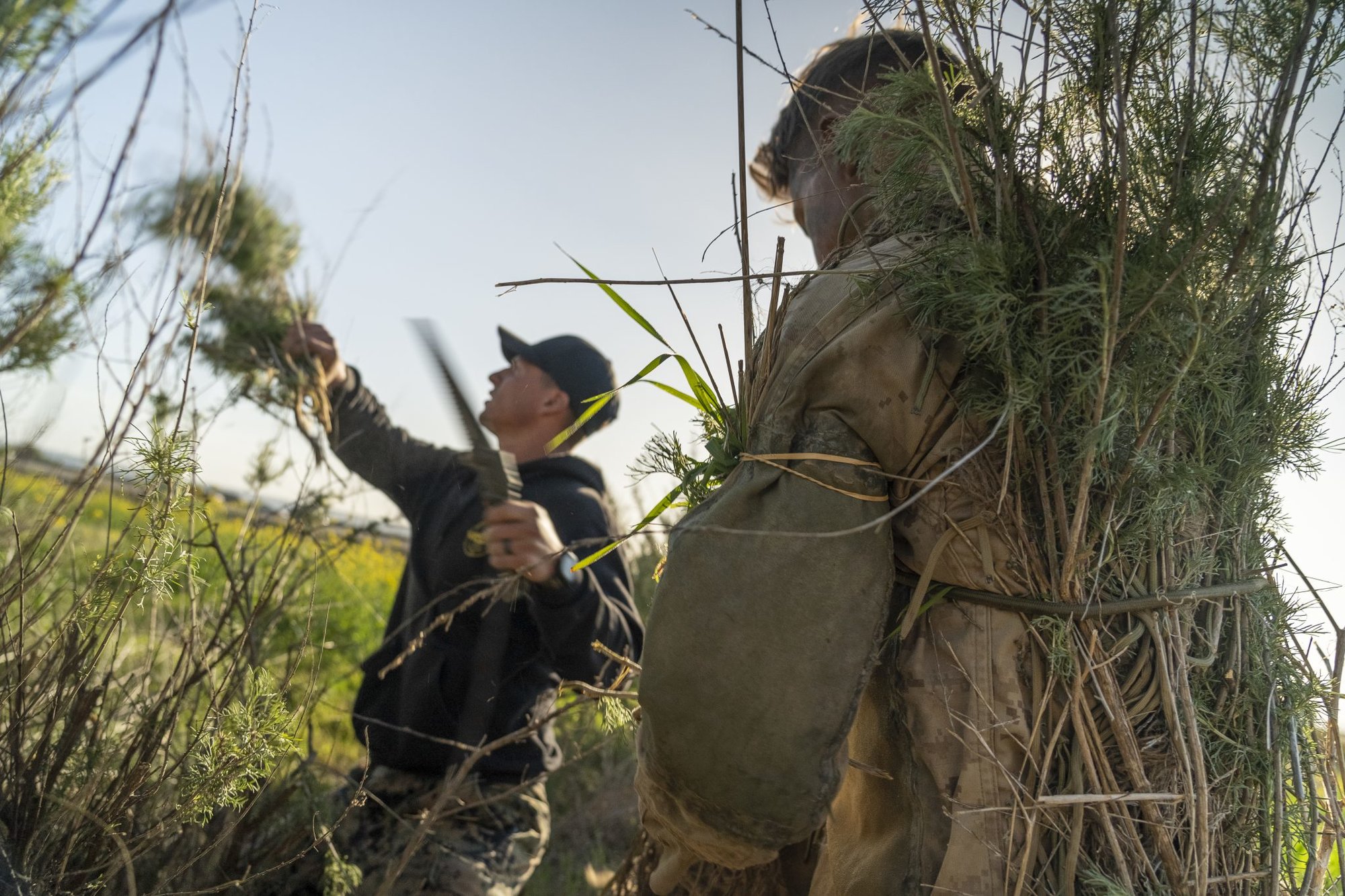
In the seventh week of training, students learn stalking and are evaluated on their ability to move undetected as spotter-shooter pairs into sniper-hide positions, establish 360-degree concealment from enemy detection, and observe and fire on enemy targets.
The final two weeks of the course focus on advanced marksmanship, urban sniper tactics, loophole shooting, and sniper engagement planning.
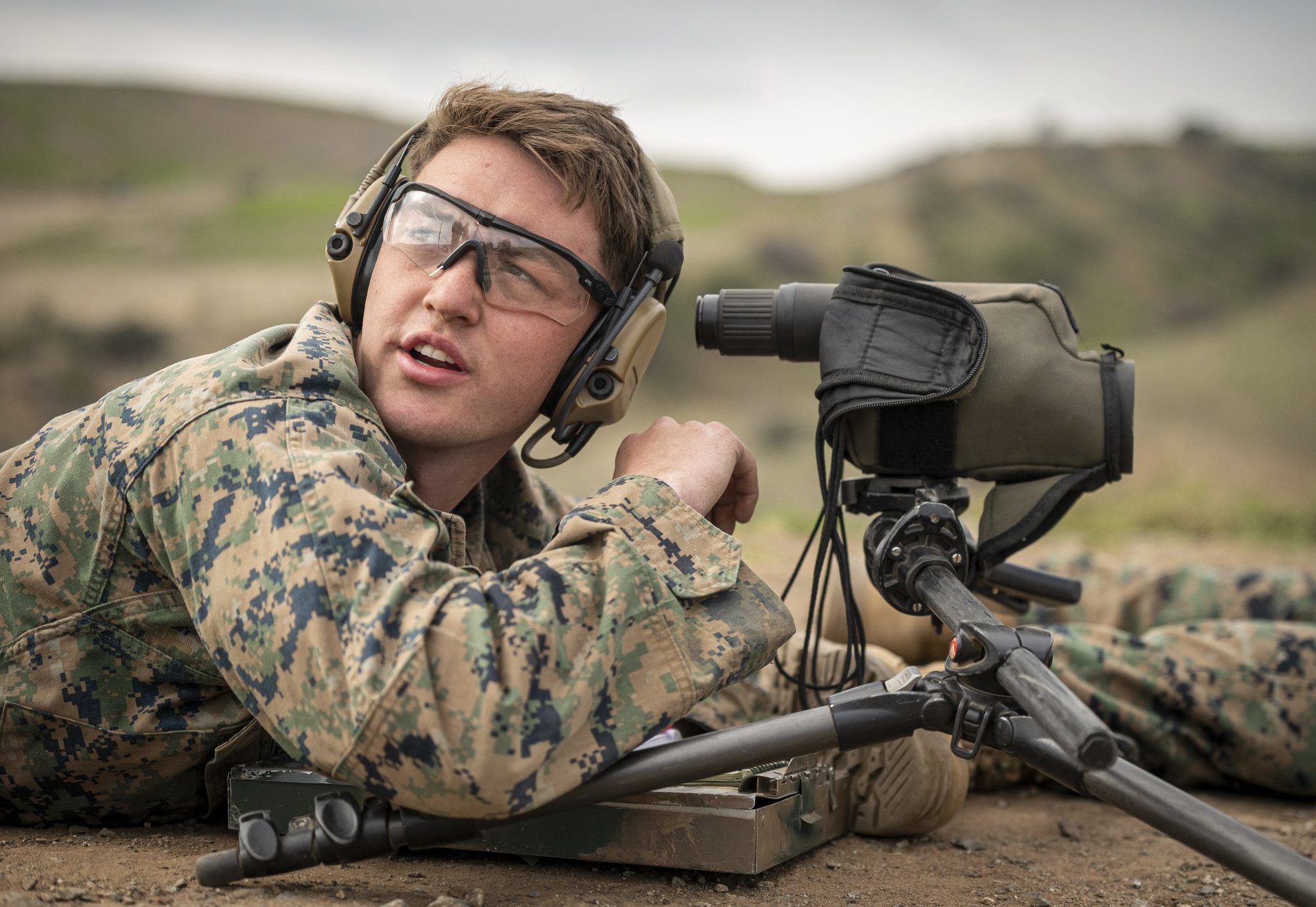
The first-ever Reconnaissance Sniper Course kicked off Jan. 19, and students who complete the course will graduate March 19. There are 10 students in the pilot course.
RTC officials plan to run a second test course in 2021 to complete the proof-of-concept phase. TECOM officials will then decide on whether to make the course a permanent offering at RTC.
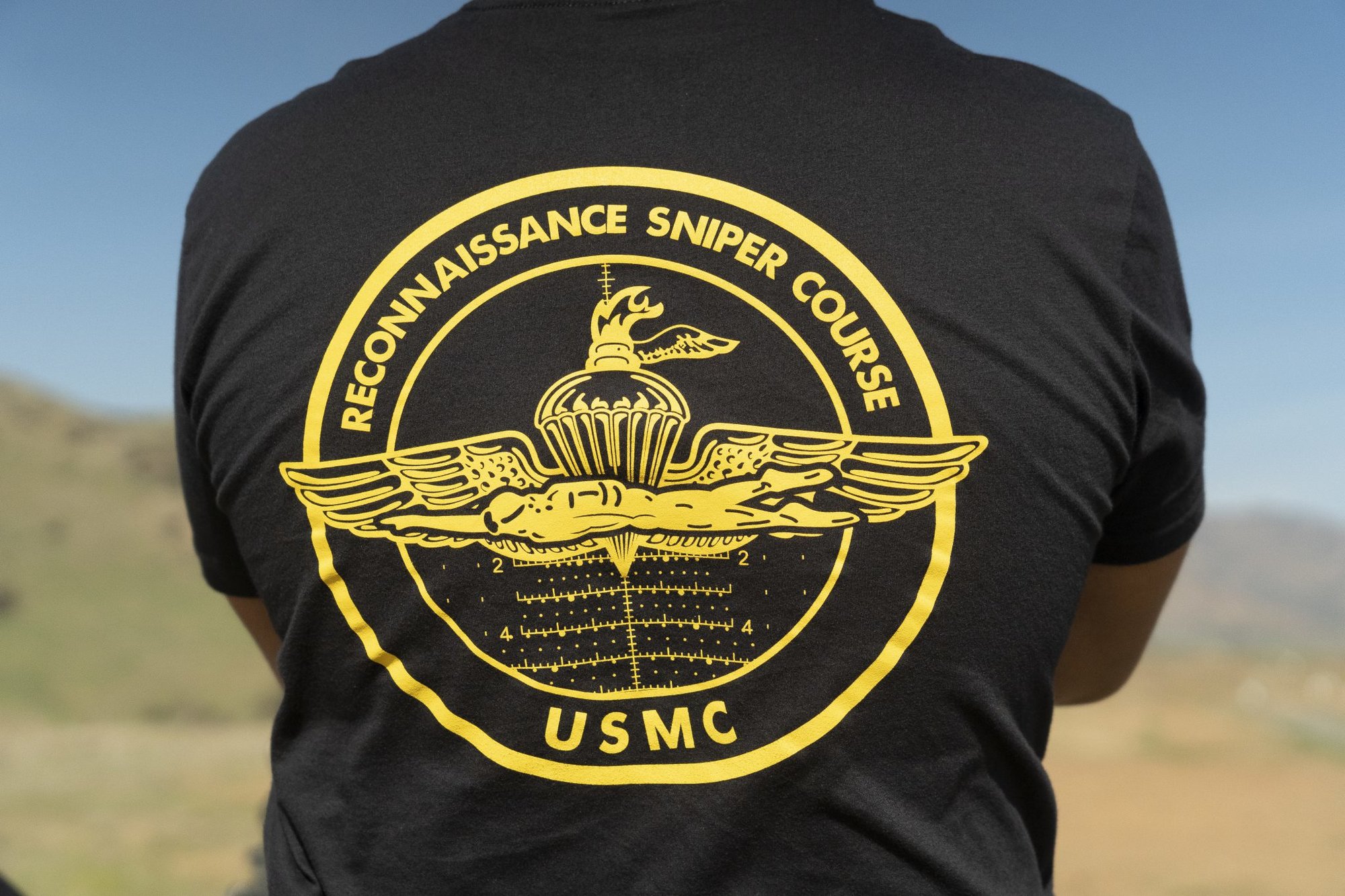
Lowring, the RTC commander, said the ultimate goal is to run two Recon Sniper Courses per year — each with 24 students — so RTC can qualify up to 48 Recon Snipers annually.
Read Next: What It Means To Be a Marine Corps Scout Sniper, According to 5 Scout Snipers

Ethan E. Rocke is a contributor and former senior editor for Coffee or Die Magazine, a New York Times bestselling author, and award-winning photographer and filmmaker. He is a veteran of the US Army and Marine Corps. His work has been published in Maxim Magazine, American Legion Magazine, and many others. He is co-author of The Last Punisher: A SEAL Team THREE Sniper’s True Account of the Battle of Ramadi.
BRCC and Bad Moon Print Press team up for an exclusive, limited-edition T-shirt design!
BRCC partners with Team Room Design for an exclusive T-shirt release!
Thirty Seconds Out has partnered with BRCC for an exclusive shirt design invoking the God of Winter.
Lucas O'Hara of Grizzly Forge has teamed up with BRCC for a badass, exclusive Shirt Club T-shirt design featuring his most popular knife and tiomahawk.
Coffee or Die sits down with one of the graphic designers behind Black Rifle Coffee's signature look and vibe.
Biden will award the Medal of Honor to a Vietnam War Army helicopter pilot who risked his life to save a reconnaissance team from almost certain death.
Ever wonder how much Jack Mandaville would f*ck sh*t up if he went back in time? The American Revolution didn't even see him coming.
A nearly 200-year-old West Point time capsule that at first appeared to yield little more than dust contains hidden treasure, the US Military Academy said.












